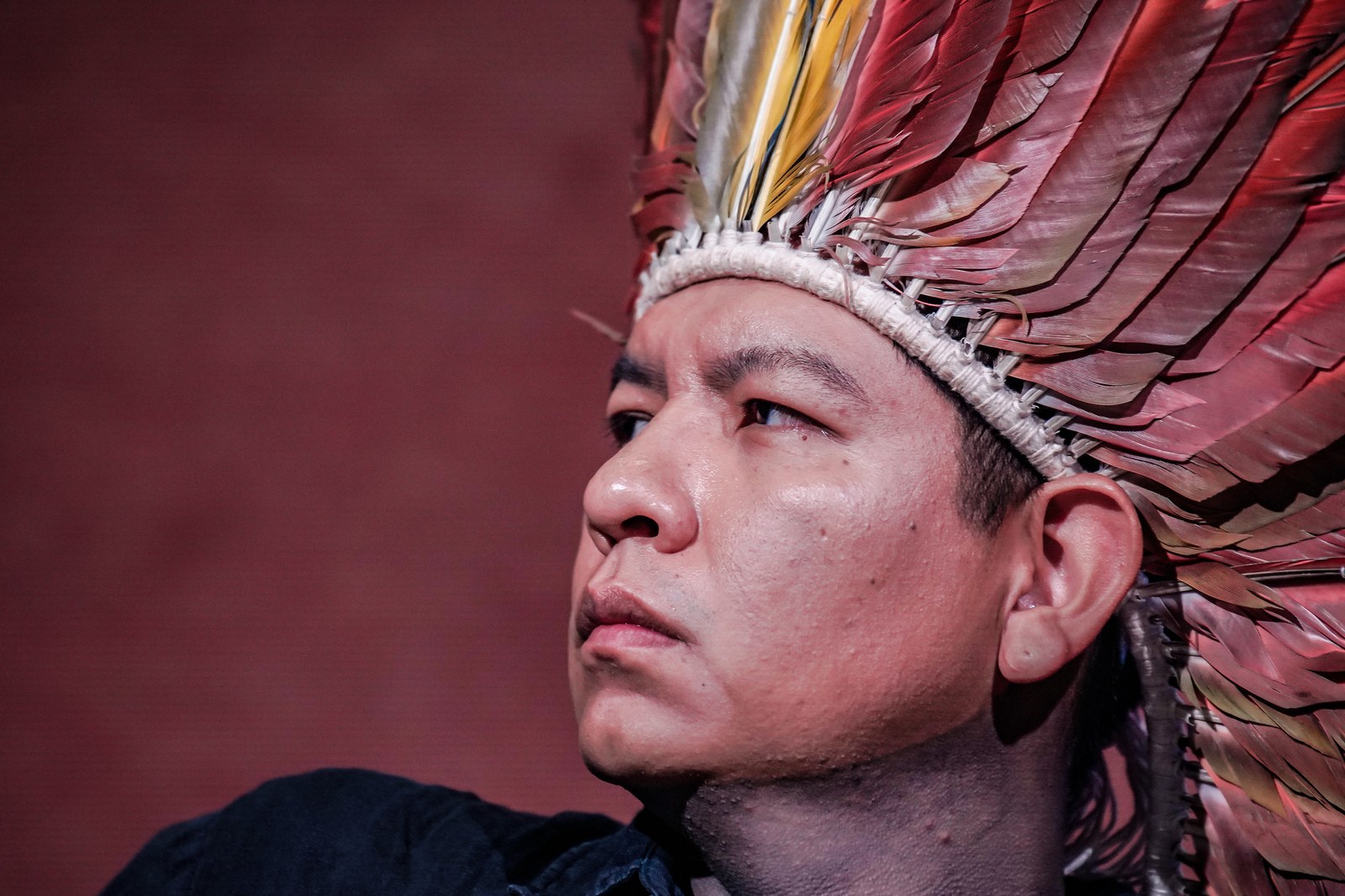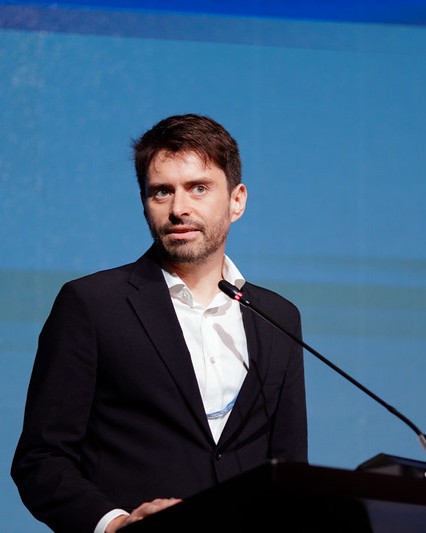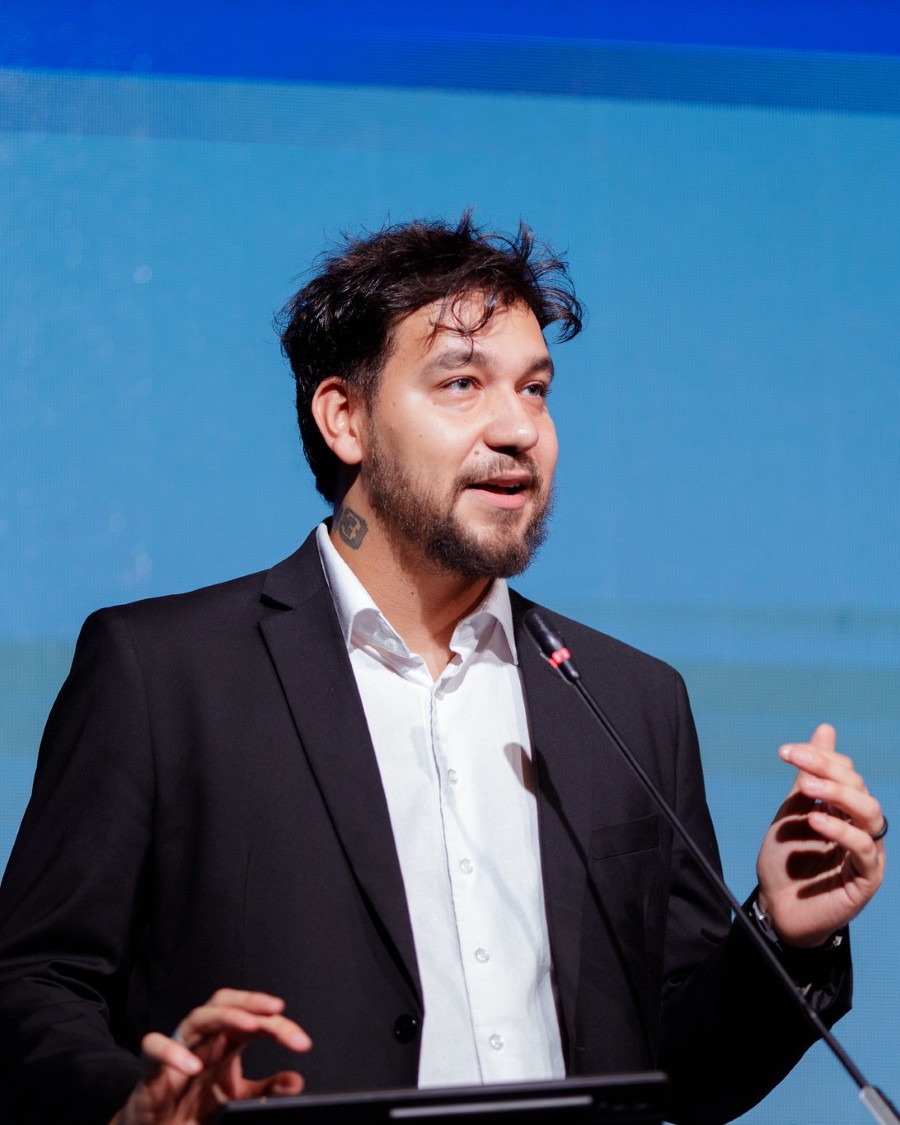Global Mutirão: The COP30 aims to go beyond negotiations to "heal" the planet
During Panama Climate Week, Brasil's COP30 presidency gathered experts from civil society to outline a framework that views collective effort as the solution to the climate crisis

COP30 Website Editorial Team
On Wednesday, May 21, during Panama Climate Week, the COP30 Presidency discussed the development of a global framework to realize the Climate Mutirão initiative, which aims to build a chain of mobilization and turn climate commitments into action. The goal is to mobilize civil society organizations worldwide to integrate local actions with global climate goals. It recognizes that responding to the crisis requires collective effort.
Ambassador André Corrêa do Lago, President of the Conference in Brasil, introduced the Global Mutirão initiative in his first letter to the world. It has been highlighted as a strategy to strengthen the commitment of people working across different sectors of society, moving from negotiations to action. International civil society organizations joined the effort at the event led by the UNFCCC and the Panamanian government.

"The Mutirão concept gained traction. People understand the concept — it’s collective action with a common objective. We know that climate action can't be something we only think about for two weeks a year. It’s something we do every day by choosing what kind of transportation to use and what kind of consumer, voter, or energy user we are. Everyone can participate in the Mutirão daily, each with different responsibilities,” explained Ana Toni, CEO of COP30.
At COP30, Tulio Andrade — the head of strategy and alignment — emphasized that the Mutirão is an opportunity to create a mobilization chain and connect global actions. He believes the movement can influence the global climate governance system — driving technologies, resources, platforms, initiatives, and shared spaces — to advance the mission of limiting global warming to 1.5°C. "The Mutirão unites us as human beings — it's about cooperation, collaboration, prosperity, and community. More than bringing an Indigenous and Brazilian perspective to climate action, it brings us together," he noted.
"The Mutirão is the power we find in our diversity," said Eric Terena, an Indigenous activist from the Terena tribe in Mato Grosso do Sul, Brasil. He argued that the Mutirão inspires a collective movement for the “healing of the Earth.” "It's more than an effort—it's a sentimental working group, a spiritual title, and ancestral knowledge of the forests. As our elders have taught us, it’s a profound invitation to reconnect our consciousness with the roots of the Earth through ancestral wisdom."

Lenon Medeiros, the director ofVisão Coop, shared that collective action in the Queimados community in Rio de Janeiro ended 10 years of flooding. He highlighted the Mutirão as an effective way to solve local problems, saying, “It's a result of collective intelligence.” "Our territory often knows what to do. We need to be empowered with resources and connected to people able to help this network of initiatives transfer these inventions to different types of ecosystems in various social contexts," he said.
Sanjay Purohit, the CEO and chief curator of theCentre for Exponential Change (C4EC) in India, highlighted the collective work of five organizations in the country regarding climate resilience, which involves infrastructure, sustainable fuel, agriculture, and artificial intelligence. "What we've been trying to design and plan together is not easily explained. It's climate action through global mobilization driven by local networks, committees, engagement, and digital public infrastructure. This is an important moment of reflection, he remarked.
Maria Augusta Arruda, Director of the National Biosciences Laboratory at the Brazilian Center for Research in Energy and Materials (Centro Nacional de Pesquisa em Energia e Materiais/ LNBio-CNPEM), coordinated the panel Open dialogue: Sharing and co-creating our future together. The institution is a leader in multidisciplinary science and innovation, fostering debates that integrate different areas of knowledge.
Efforts to shape the COP30 Presidency’s Mutirão proposal featured contributions from Irene Suárez Pérez Irene Suárez Pérez, senior advisor atGlobal Optimism, Antonia Gawel, global director of sustainability and partnerships at Google; and Sam Shang, Postdoctoral researcher in applied complexity at the Santa Fe Institute; Paulo Durrant, Deputy Head of theBreakthrough Agenda; Shankar Maruwada, CEO of EkStep Foundation; Fabro Steibel, Executive Director ofITS Rio; Iñaki Goñi, ofISWE Foundation; Sujith Nair, CEO of Foundation for Interoperability in Digital Economy; Anit Mukherjee, daResearch Foundation America.
Watch the contributions presented at Panama Climate Week:
English Version: Trad. Bárbara Menezes .
Proofreading by Enrique Villamil.
